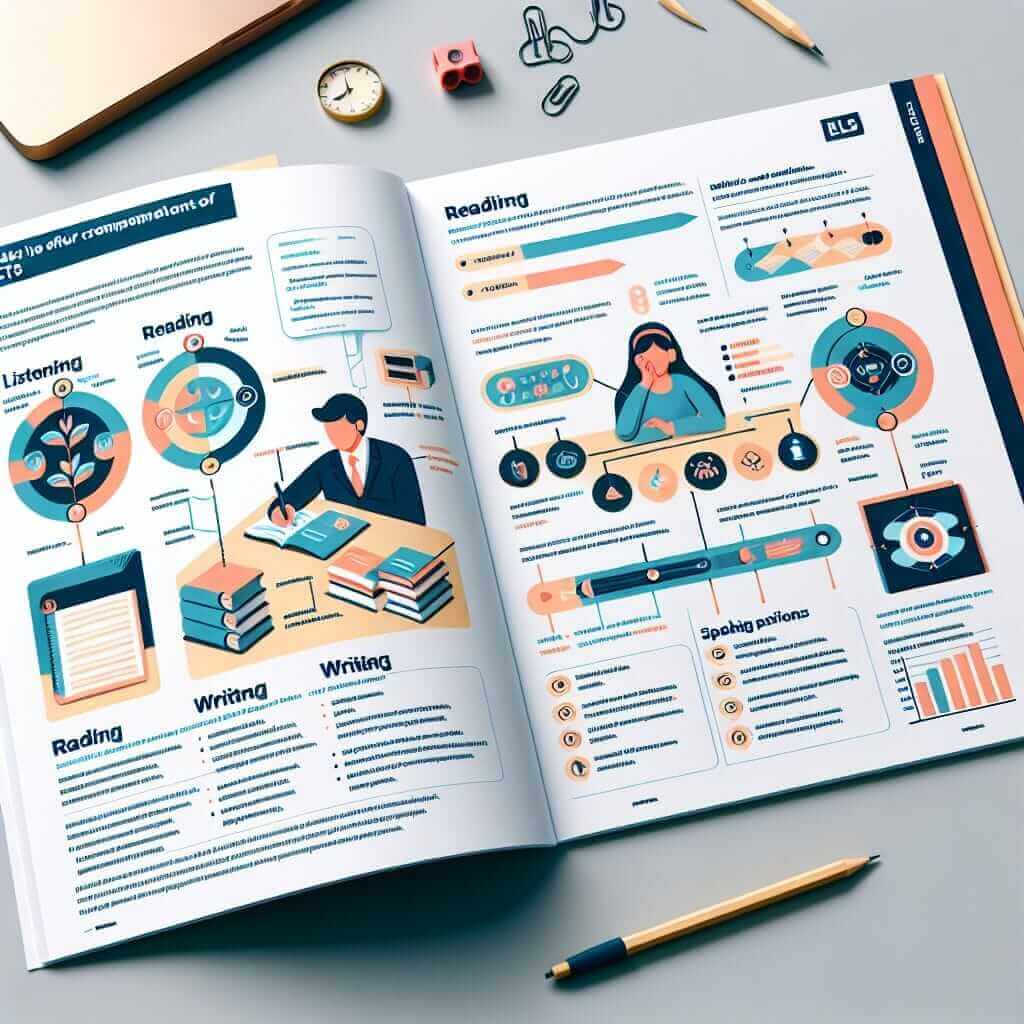As an IELTS instructor with over two decades of experience, I often encounter students grappling with myths and misconceptions surrounding this prestigious English proficiency test. One such myth revolves around the term “referral partner name” in the context of IELTS. Let me assure you, there is no such thing as a “referral partner name” required for your IELTS exam.
This misconception likely arises from the registration process on various online platforms, where fields like “referral code” or “where did you hear about us” might exist. These fields are purely for marketing purposes and have absolutely no bearing on your IELTS test, its scoring, or your results.
Focusing on What Matters for IELTS Success
Instead of worrying about nonexistent terms like “referral partner name”, I encourage you to focus your energy on what truly matters for IELTS success:
1. Mastering the Four Skills
IELTS assesses your proficiency in four key language skills:
- Listening: Familiarize yourself with various accents, practice active listening, and learn to identify key information from spoken passages.
- Reading: Improve your reading speed, develop skimming and scanning techniques, and enhance your comprehension of complex texts.
- Writing: Master different essay structures (e.g., argumentative, descriptive), work on your grammar and vocabulary, and learn to express your ideas coherently and cohesively.
- Speaking: Practice speaking fluently and accurately, work on your pronunciation and intonation, and develop your ability to articulate your thoughts effectively.
2. Understanding the Test Format
Each section of the IELTS exam follows a specific format. Familiarize yourself with these formats to avoid surprises on test day. Take practice tests under timed conditions to simulate the real exam experience.
3. Utilizing Authentic Resources
Utilize authentic English language materials like books, newspapers, podcasts, and documentaries to improve your overall language proficiency. This will naturally enhance your vocabulary and comprehension skills.
4. Seeking Expert Guidance
Consider enrolling in an IELTS preparation course or working with a qualified IELTS tutor. They can provide valuable insights, personalized feedback, and effective strategies to help you achieve your target score.

Conclusion
Remember, there’s no shortcut to success in IELTS. Focus on honing your English language skills, understanding the test format, and utilizing authentic resources. Don’t get sidetracked by misleading information. With dedicated effort and the right approach, you can confidently conquer the IELTS exam and achieve your desired results. Good luck!